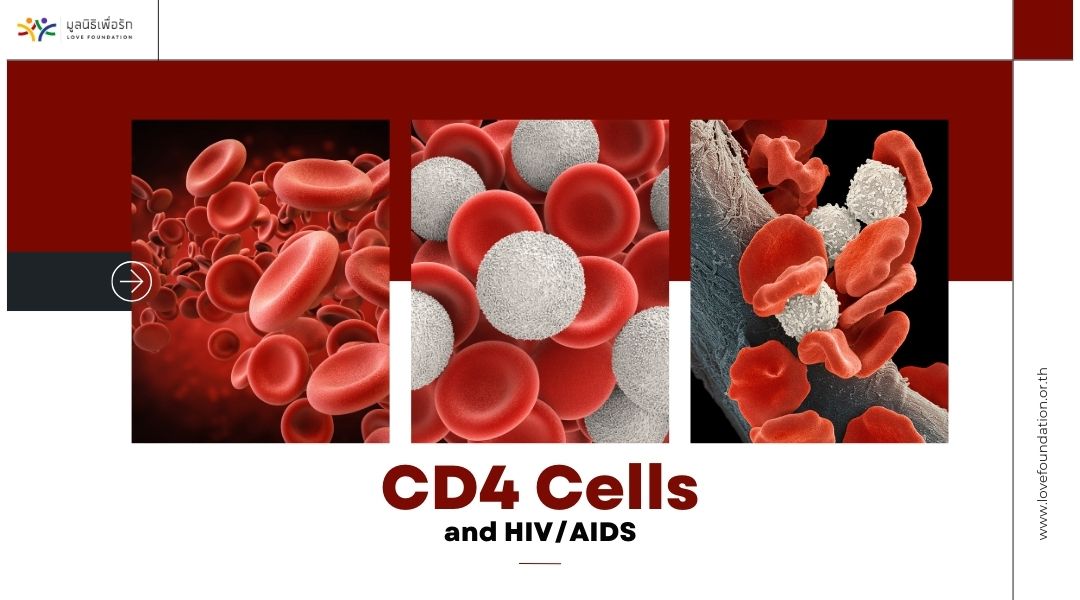In the intricate tapestry of our immune system, CD4 cells emerge as unsung heroes, orchestrating a symphony of defense against pathogens. These cells play a central role in coordinating immune responses, ensuring our body’s ability to fend off infections and maintain overall health. In this article, we delve into the significance of CD4cells, exploring their functions, importance, and the factors influencing their count.
Understanding CD4 Cells
CD4 cells, also known as T helper cells, are a type of white blood cell that forms a crucial component of the immune system. These cells specialize in recognizing foreign invaders, such as bacteria, viruses, and other pathogens, and orchestrating a targeted immune response.
CD4 Cells and HIV/AIDS

One of the most well-known aspects of CD4 cells is their vulnerability to the human immunodeficiency virus (HIV). HIV specifically targets and infects CD4cells, leading to their depletion. As the number of CD4cells declines, the immune system weakens, making the individual more susceptible to opportunistic infections. Monitoring CD4 cell counts is a crucial aspect of managing HIV/AIDS, guiding treatment decisions and assessing the progression of the disease.
Factors Influencing CD4 Cell Count
Various factors can influence the count of CD4 cells in the body. Chronic infections, autoimmune disorders, and certain medications can impact CD4 cell levels. Additionally, stress, poor nutrition, and age can play a role in the maintenance of a healthy CD4 cell count. Understanding these factors is essential for maintaining optimal immune function.
Preserving CD4 Cell Health

Maintaining a healthy lifestyle is paramount for preserving CD4 cell health. Adequate nutrition, regular exercise, and stress management contribute to a robust immune system. For individuals Living with HIV, adhering to antiretroviral therapy is crucial in preventing the depletion of CD4cells and the progression to AIDS.
Function of CD4 Cells
The primary function of CD4cells lies in their ability to coordinate the immune response. They act as conductors, directing other immune cells to the site of infection and guiding them in eliminating the threat. CD4cells play a pivotal role in the activation of B cells, which produce antibodies to neutralize pathogens, and cytotoxic T cells, responsible for destroying infected cells.
In conclusion, CD4 cells stand as the linchpin of our immune system, directing the defense against pathogens and maintaining overall health. Understanding the functions and significance of CD4cells is vital for anyone seeking to bolster their immune health. Whether managing chronic conditions like HIV/AIDS or simply aiming for general well-being, the spotlight on CD4 cell illuminates the path to a resilient and robust immune system.

